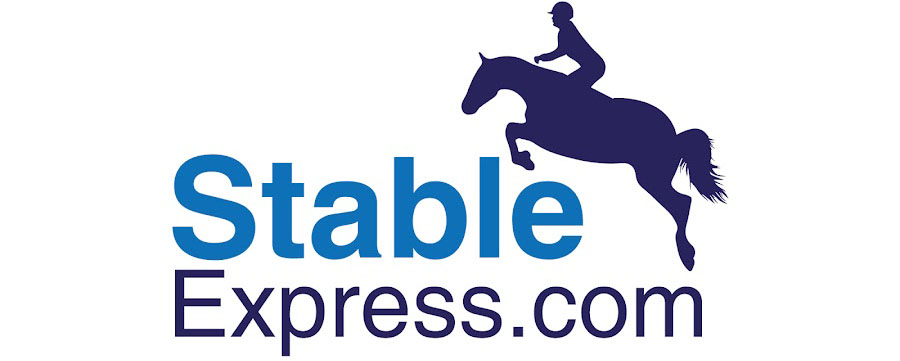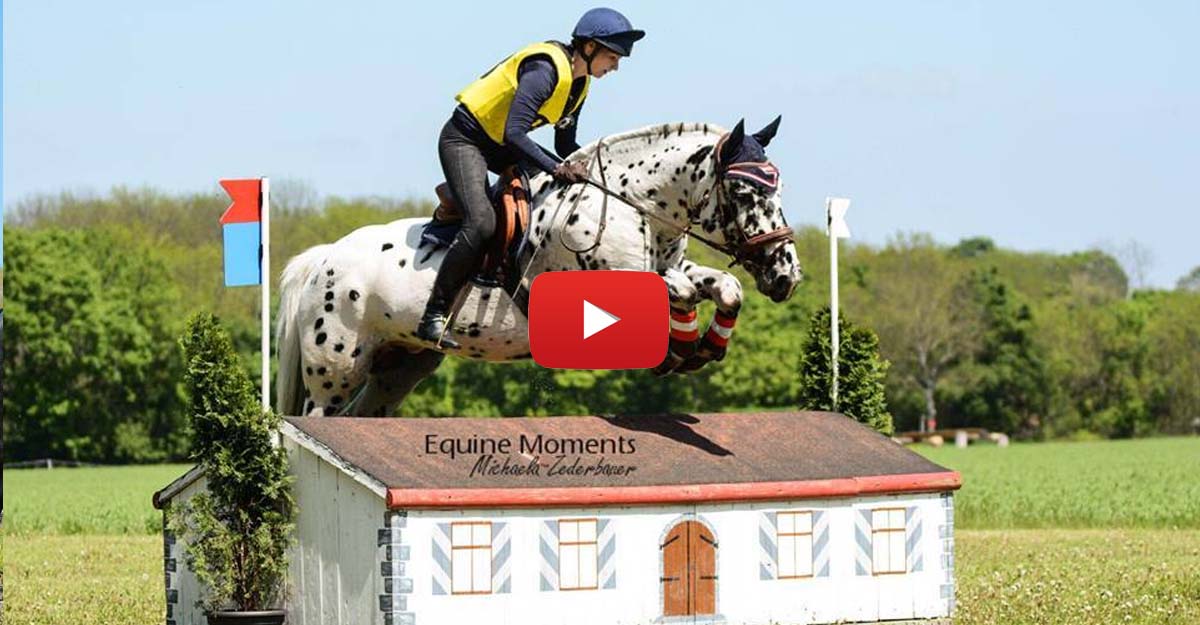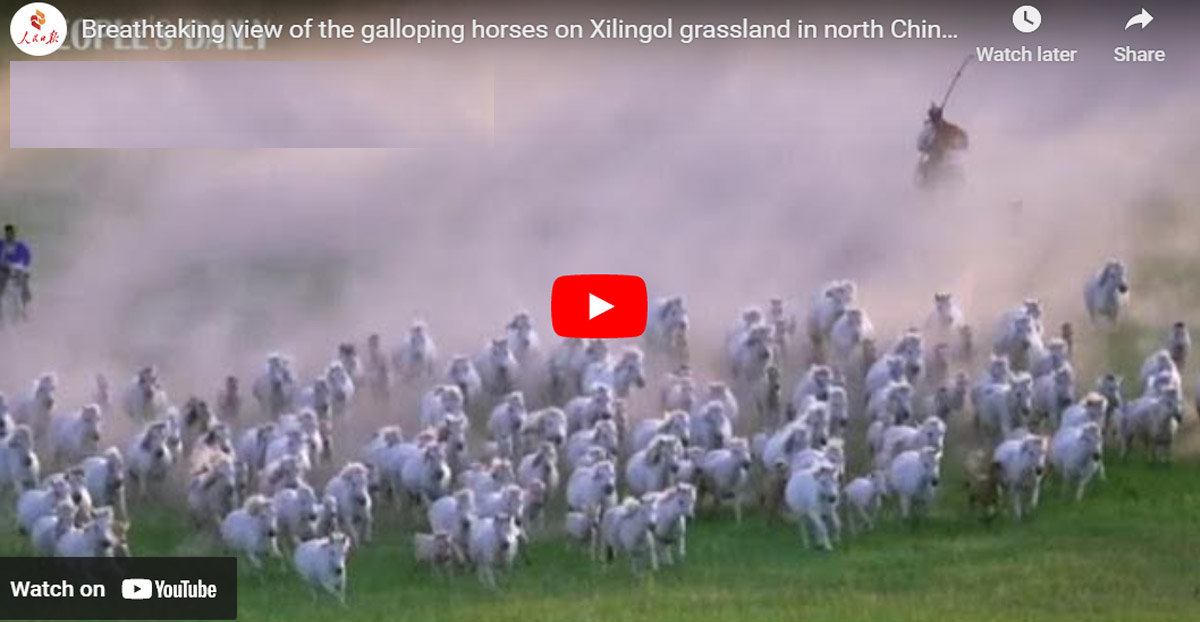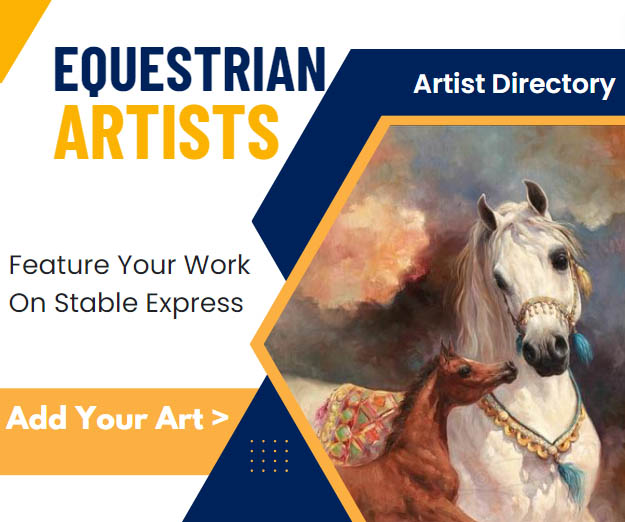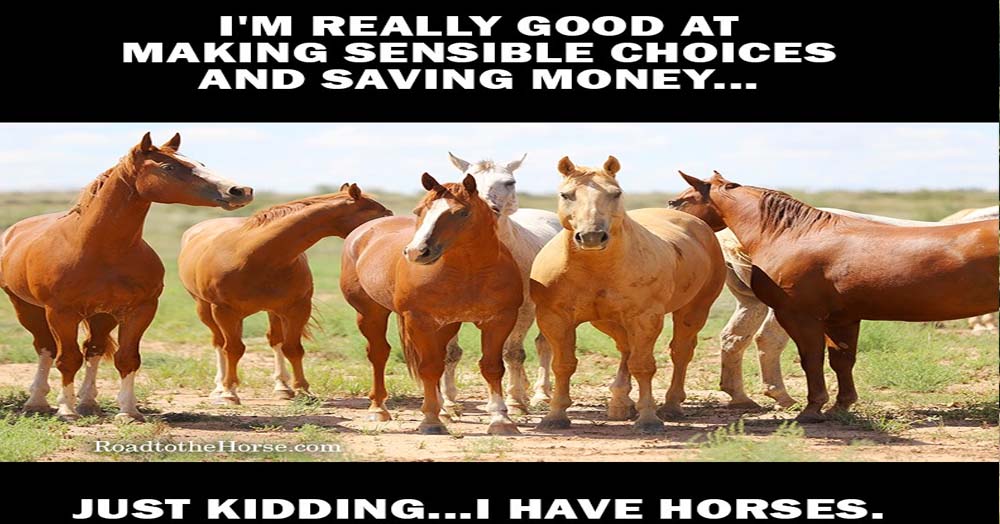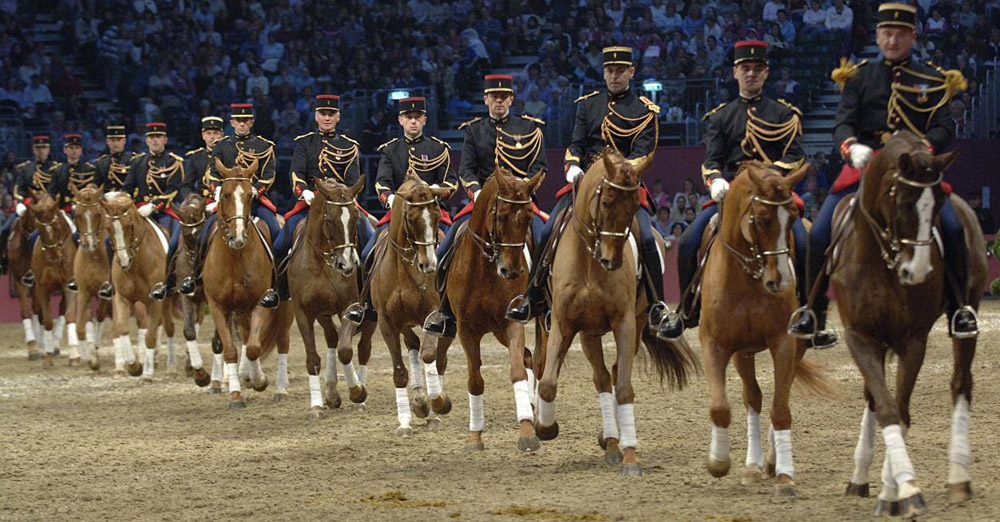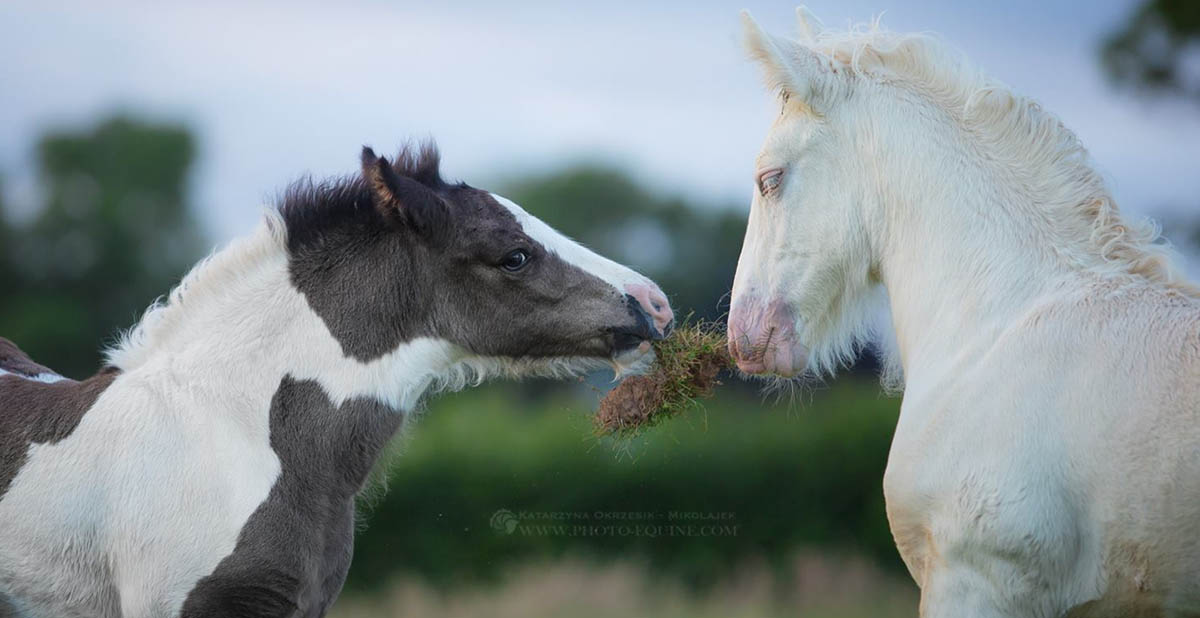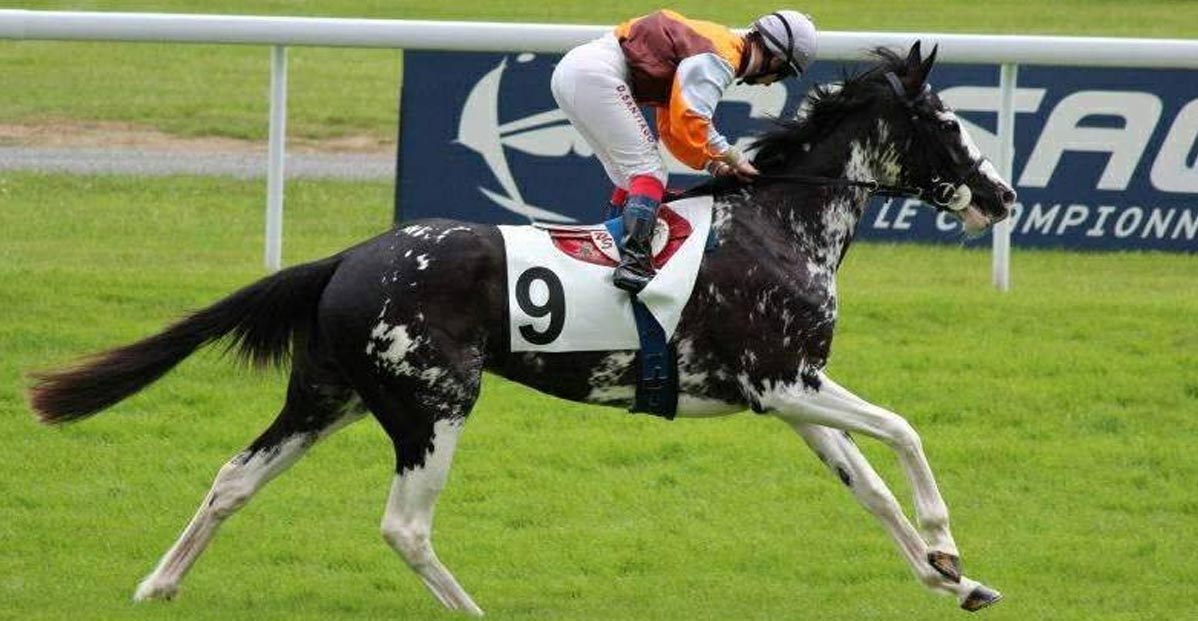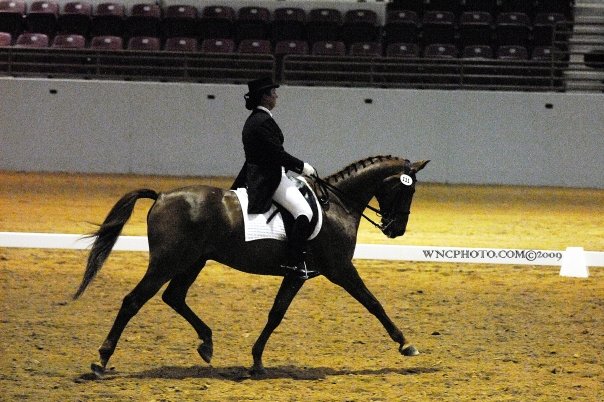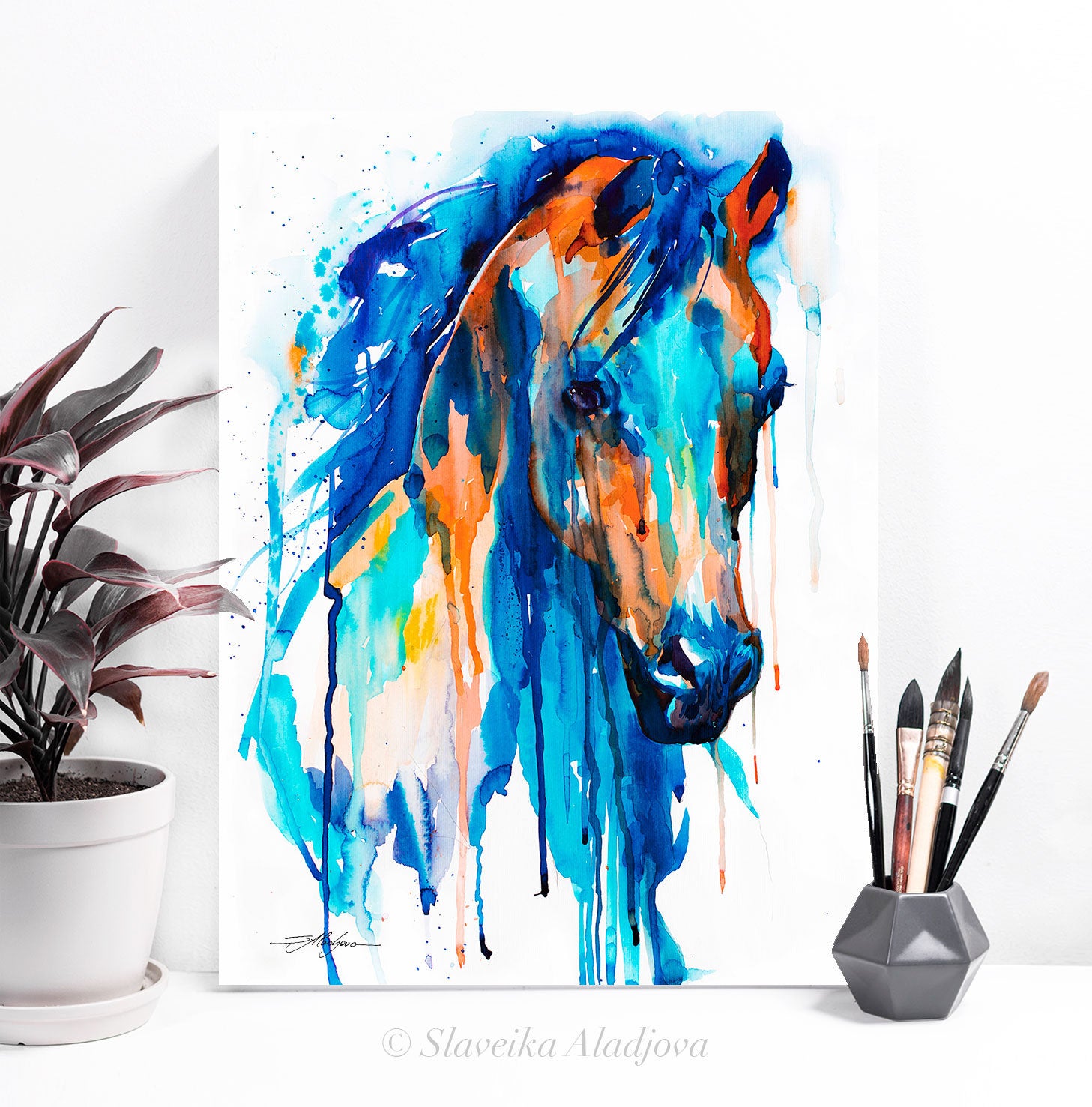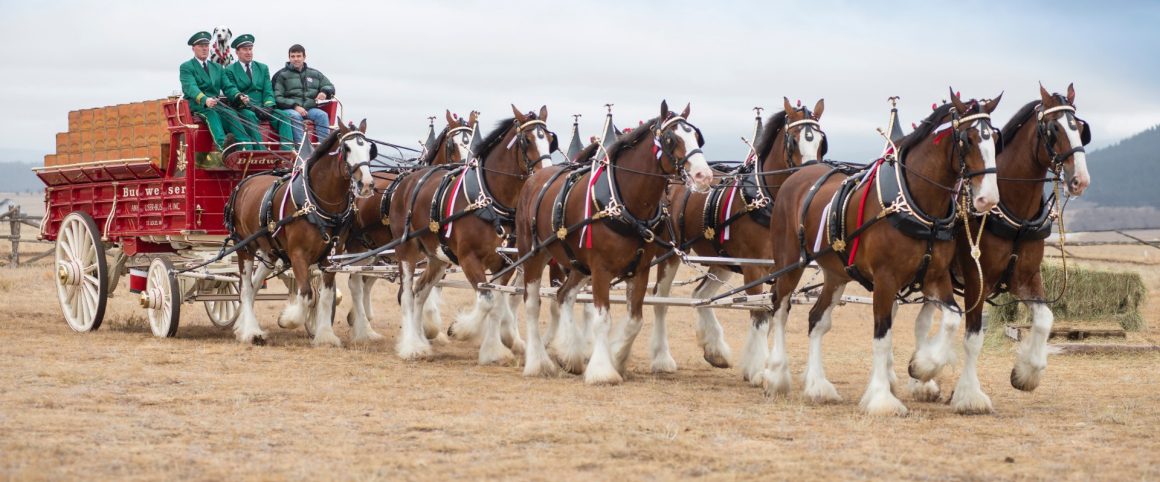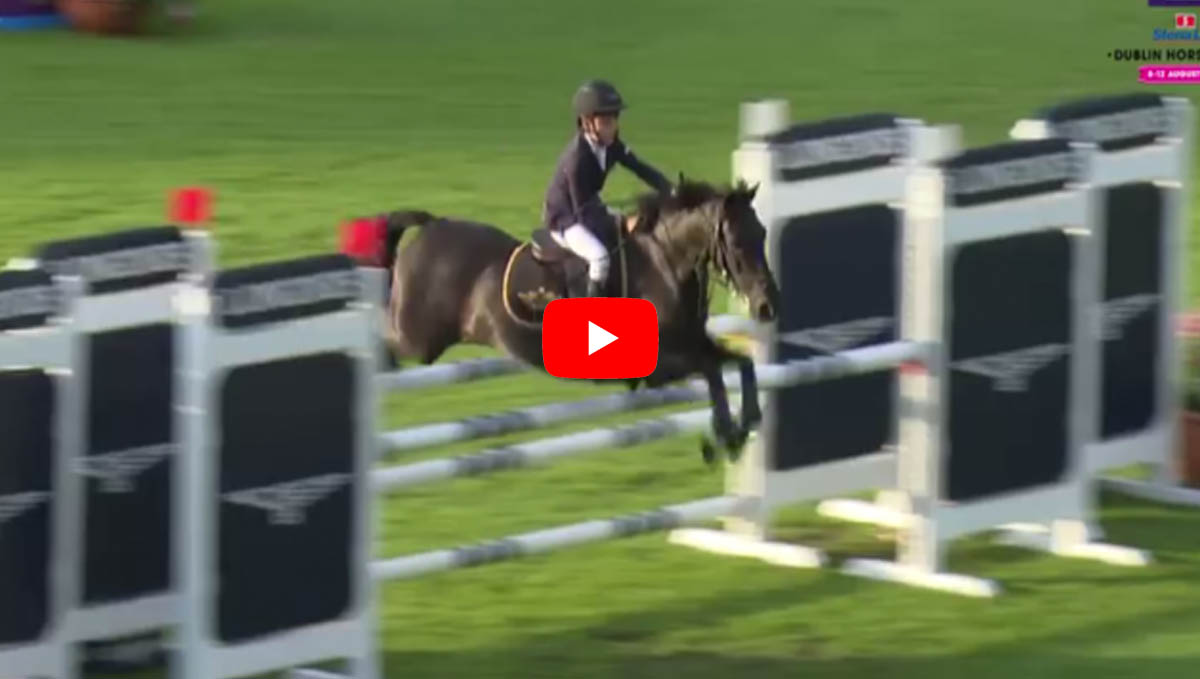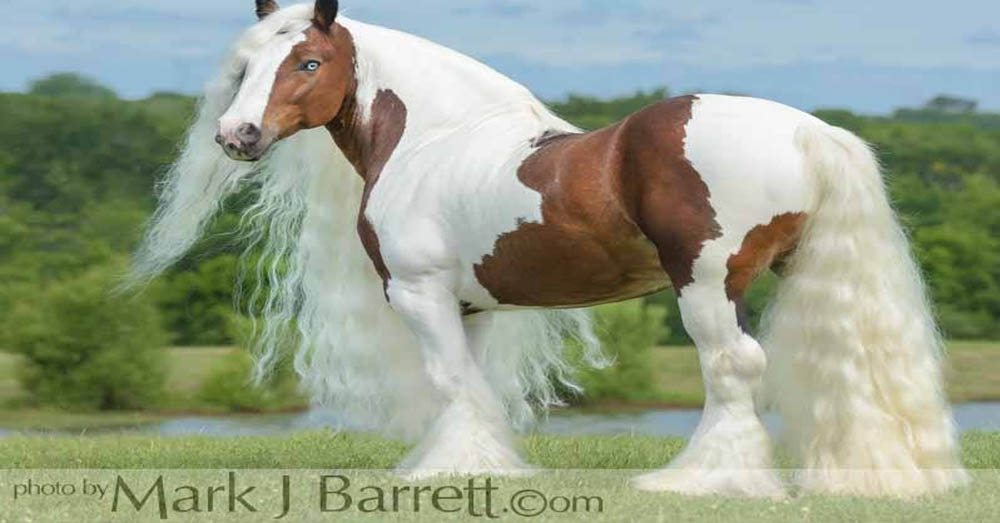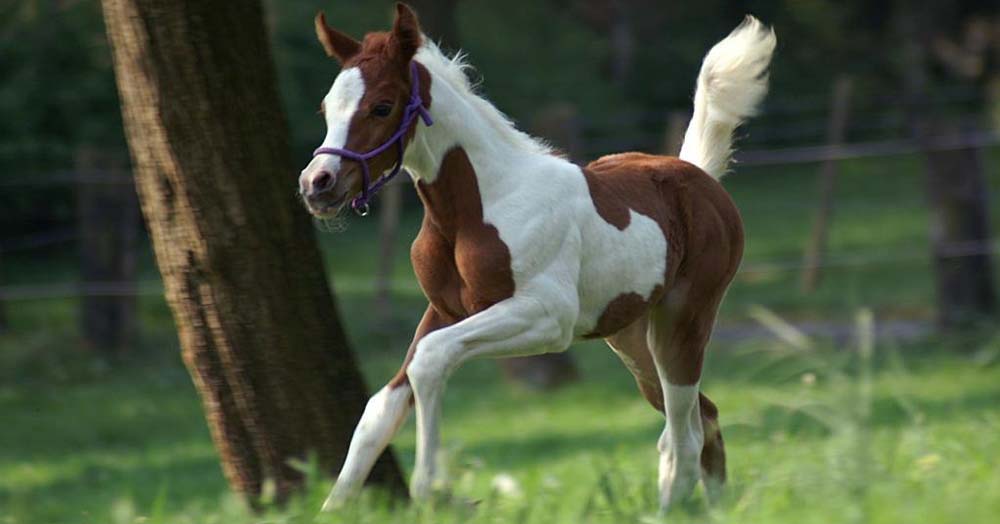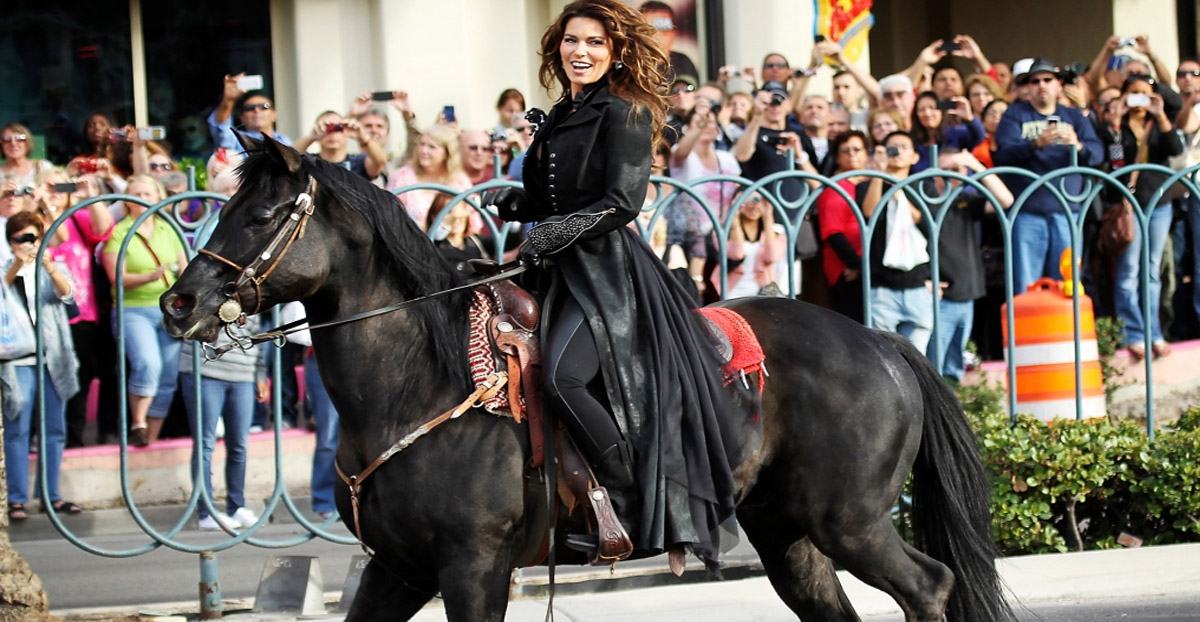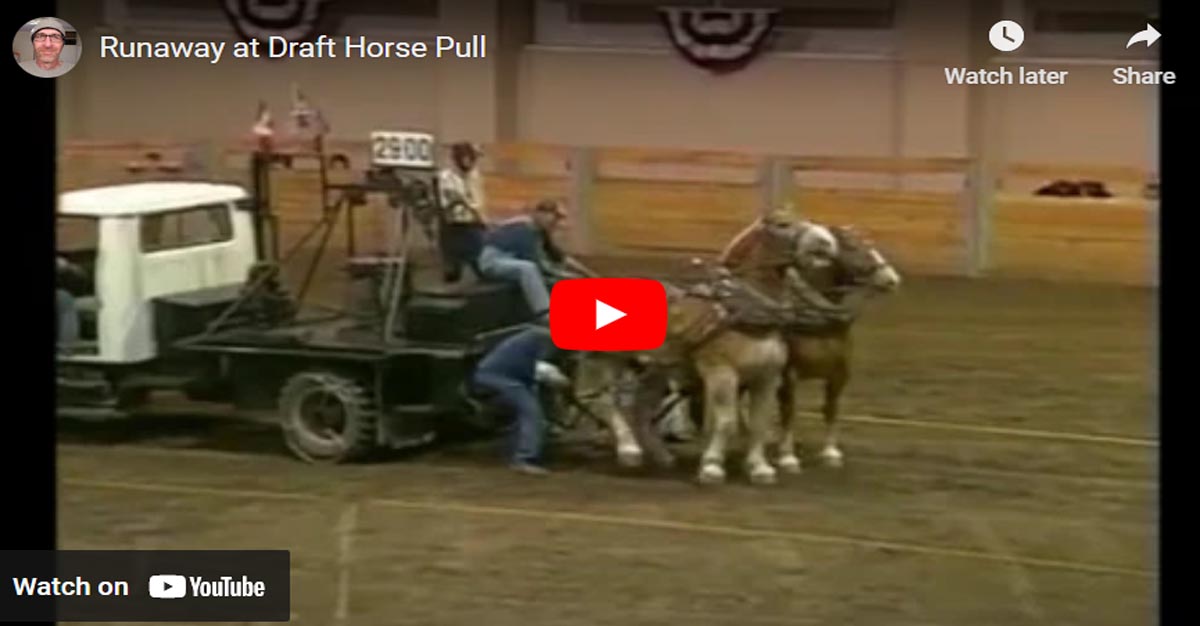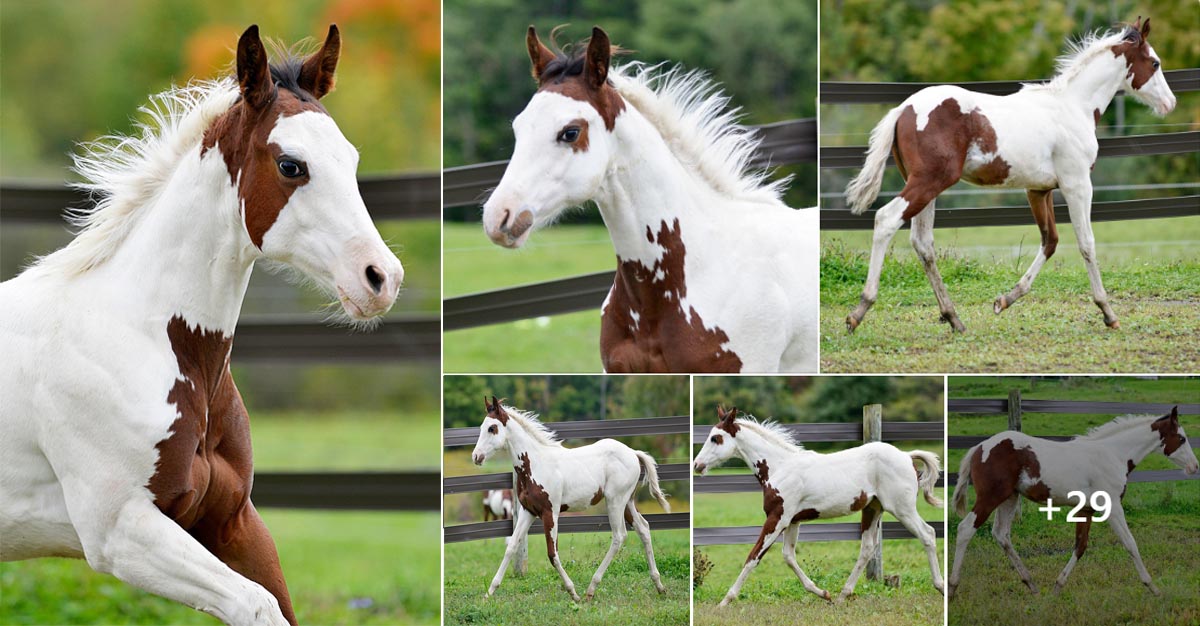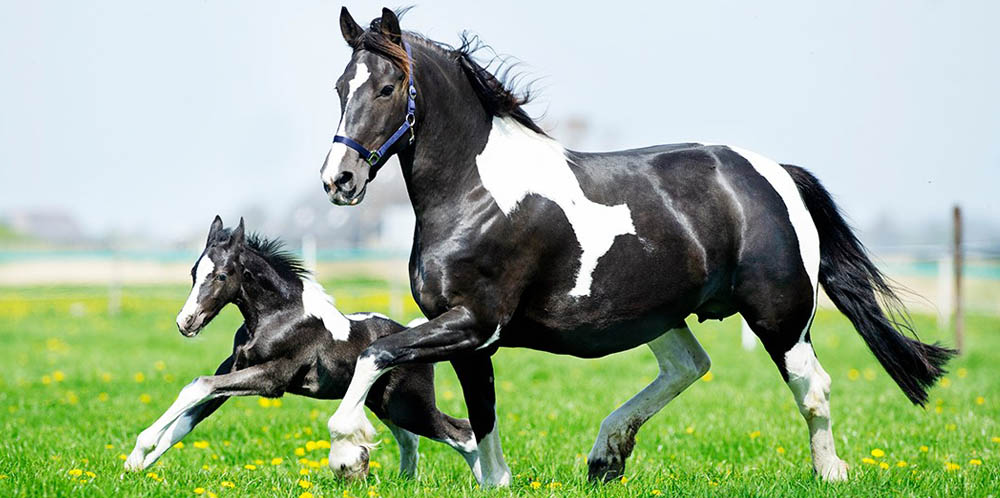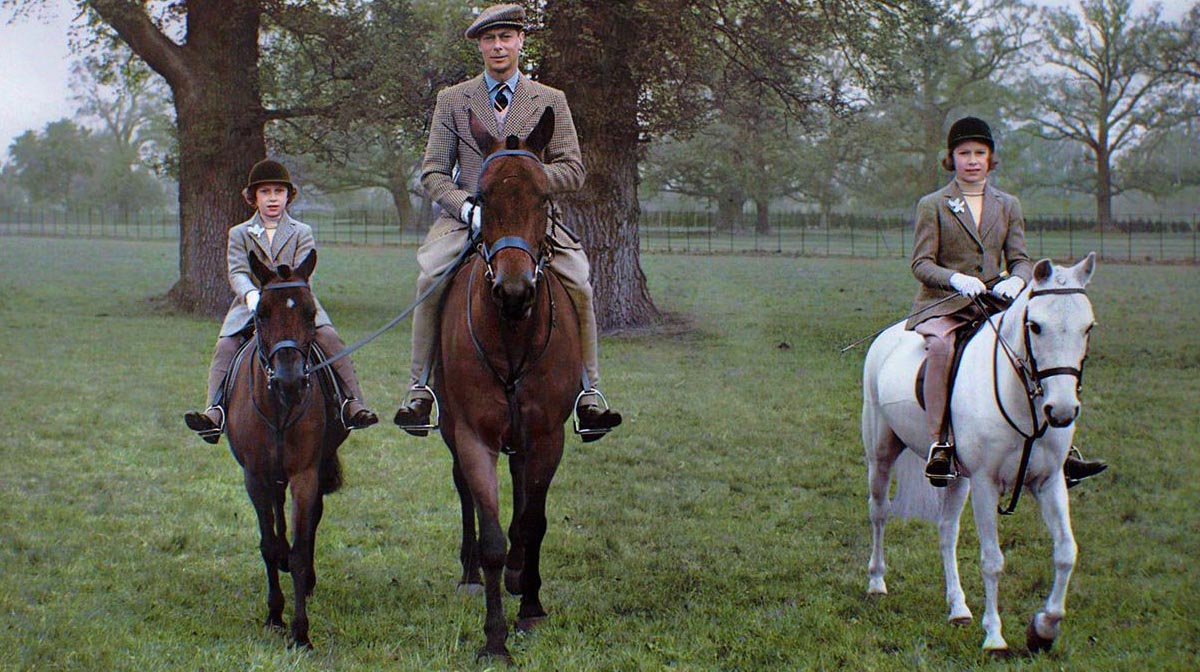Guillermo Diez-Delgado Guitian
Guillermo Diez-Delgado Guitian - Spain


Q. I shall be sitting my GCSEs next year, after which I hope to do a college course then get a job working with horses. My careers advisor has told me about various options, one being an NVQ. However, I am not absolutely sure what this entails and what sort of job this would qualify me for at the end of the course. Please could you give me some advice and let me know if I have to achieve a certain number of GCSEs and grades before starting the NVQ?
Having decided that you want to have a career with horses – whether as a rider, trainer, groom, livery yard manager, stud owner or any one of an almost endless list of job possibilities – you will know that you have to start with enthusiasm, dedication, hard work and the very basics of horse care and management.
There are a number of ways that you can undertake a horse-based training programme, one of which is to undertake a National Vocational Qualification (NVQ) or Apprenticeship. The great benefit of choosing an NVQ or Apprenticeship means that you can specialise in your chosen area right from the beginning of your training.
There are many equestrian locations throughout the country who have undertaken to support the NVQ and Apprenticeship system. These locations range from riding schools, livery yards, studs, and racing stables, to driving yards and international competition yards.
Qualifications
NVQs and Apprenticeships are government-backed, work-based courses that lead to nationally recognised qualifications. All industries offer NVQs, which are individually designed to provide valid and relevant vocational qualifications to suit the particular needs of each work environment.
There are three different levels of NVQ (1-3). And at each level, the learner/ employee progresses through units of work, taking on an increasing amount of responsibility as he or she becomes more competent.
An Apprenticeship takes your qualification a step further. There are currently two types of Apprenticeship: Apprenticeship at Level 2 which is made up from an NVQ Level 2, three Key Skills and a Technical Certificate, and Advanced Apprenticeship which is made up from a NVQ Level 3, four Key Skills and again a Technical Certificate.
Entry requirements For an NVQ or Apprenticeship, specific GCSE grades are not necessary, but grades A-C in mathematics, English or IT help because they can give exemptions to the Key Skills, mathematics and IT parts of an Apprenticeship.
You may decide that the vocational route rather than the college route suits you better, because you are more of a ‘hands on’ person, and you will find that another of the benefits of choosing a vocational training route means that you are able to ‘earn while you learn’. Many young people are in the situation whereby they cannot afford not to work, but they do want to further their education. An NVQ or Apprenticeship allows you to get a job, get paid and get trained, all at the same time.
How much does it cost? These courses are fully funded by the Government for 16-25 year olds. A trainer will undertake all the necessary training for you to complete your NVQ, with the support of a Training Provider Assessor, while you’re paid a wage for the work you do. There may be additional funding for learners who have experienced difficulties at school.
So what sort of job will it qualify you for once you have successfully completed your training programme? This will partially depend on what your chosen option is.
If you complete your Advanced Apprenticeship with your optional unit being Care of the Competition Horse, you could go on to groom in an eventing, showjumping or dressage yard – this can lead to international travel. One of our learners groomed at the Korean Olympic Games, while another more recently was travelling groom at the Sydney Olympic Games.
If you chose to undertake the Breeding Option, there may be a possibility that you could undertake your training at a Stud as well respected as Catherston Stud and, in turn, if you successfully achieved your apprenticeship, this could lead to employment in other equally well established and successful studs. An Advanced Apprenticeship is nationally recognised as a supervisory qualification. And employers strongly believe that vocational qualifications truly show that you are a practically competent person.
Contacts Your local Learning & Skills Council or Connexions Office will be able to let you know who in your area is able to support you through your NVQ training. 


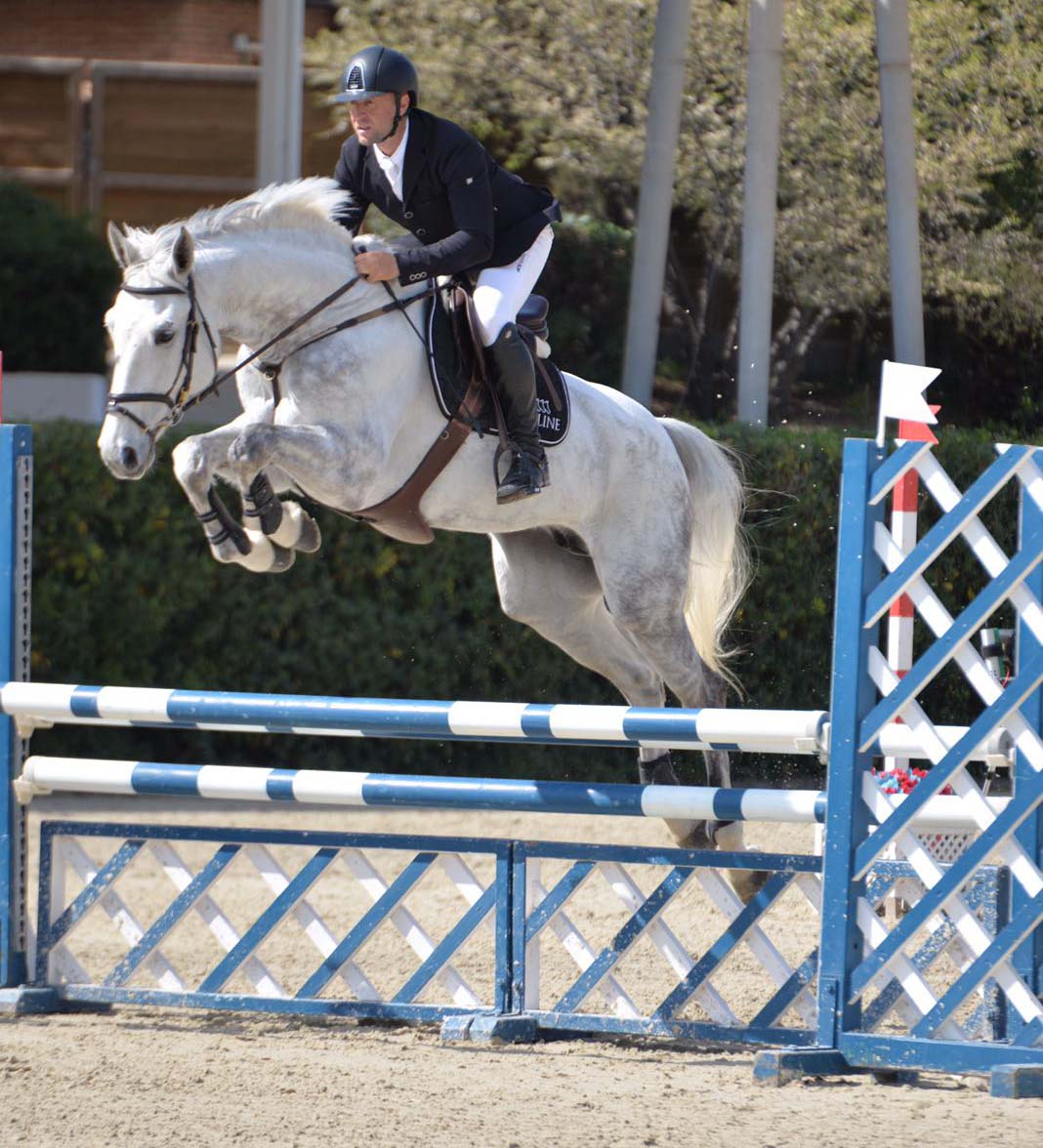
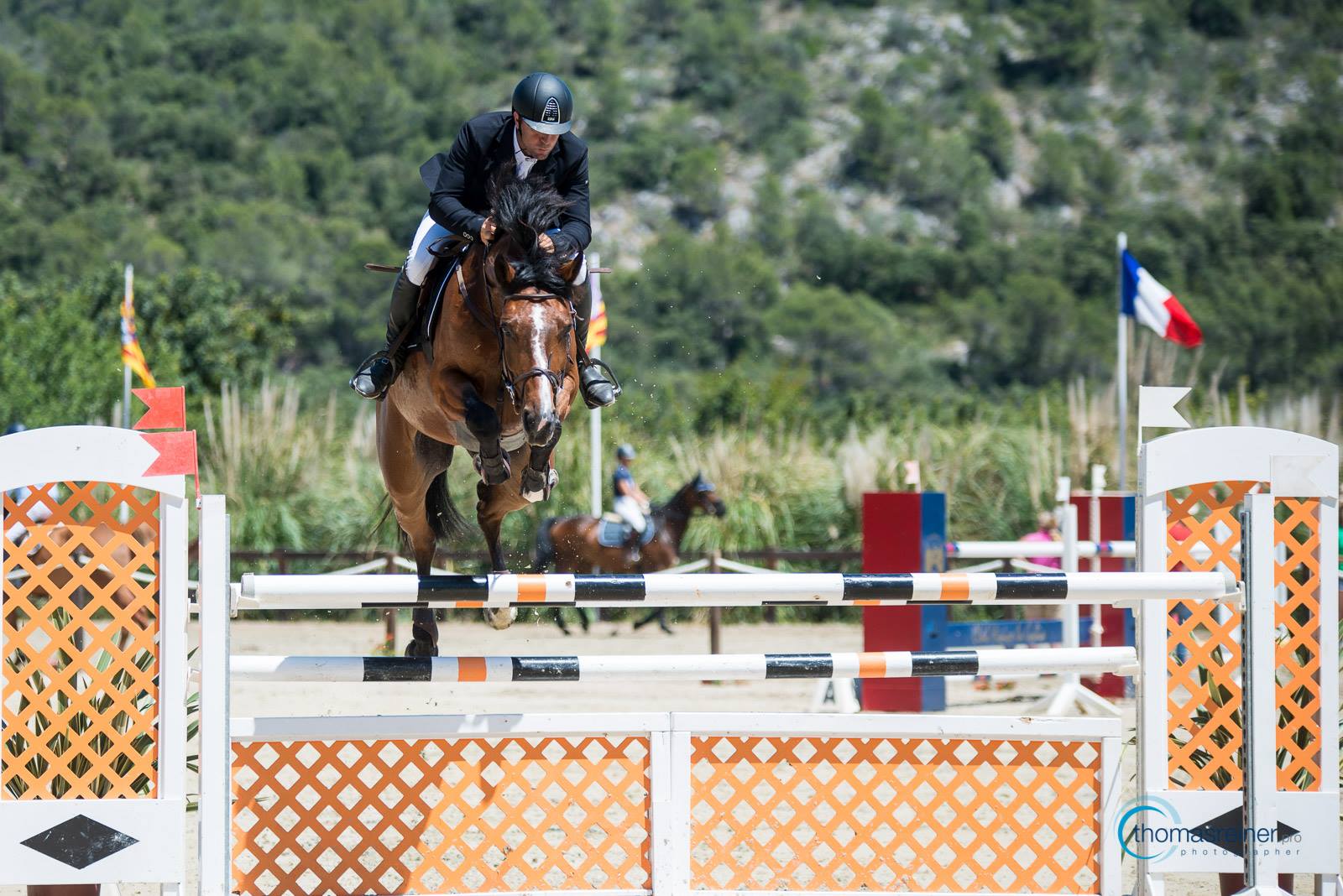
Hill Farmer (TB)
Hill Farmer (1972) 16.3 hands Grey (TB)
Premium Thoroughbred Stallion
Sire : Maestoso Dam : Dragoon Girl by Pendragon
Hill Farmer was bred at Tynybryn.
Hunter`s Improvement and National Light Horse Breeding Society Stallion for Montgomeryshire.
Q. Do donkeys make good field companions for horses?
Donkeys can make very good field companions for horses, as they are often a calming influence, generally being more placid than horses. However, their care is not the same as for horses.
For a start, their coats are not waterproof, so they cannot be left out in bad weather. Their origins are in deserts!
They are small and their feed requirements are less than horses, but this combined with their thriftiness, can make them prone to weight gain and they are candidates for laminitis.
Worming is similar to horses, but they can become infected with lungworm.
This seems to cause the donkey very few problems, but if the horse picks up lungworm, it will be very badly affected. It is important to include suitable dosing in your worming programme.
Their hooves do not need shoes, but do require regular attention from a sympathetic farrier or trimmer.
A donkey is not an easy option. They require special care. If you remove the horse to ride for instance, the donkey can become upset at being left and will bray loudly, which can be upsetting as well as annoying for anyone who hears it.
If you love donkeys and are prepared to give the care that they need, then it can be a wonderful option as a field companion, but it certainly is not an easy option! The best companion for a horse is another horse.
Free jumping competition Vechta 02-18-2007 11:21 pm
At the third Free Jumping competition in Vechta, the Padarco x Espri offspring Lutter ended in first place. The chestnut mare is bred by Jan Crome-Sperling. All the top placed three year old horses are Oldenburg-International (OS) branded. The numbers two and three in Vechta were Lucy von Bayern (Ludwig von Bayern x Feiner Stern) and Butscher (Balou du Rouet x Landor). The top ranked four year old was Vestetta, a Armitage x Aktuell offspring, bred by Friedrich Burmann. The chestnut mare ended just ahead of Quidam’s Jupiter (Quidam’s Rubin x Beach Boy) and Paloma-Dolores (Padarco x Domino).


Andres Guillermo Bisono Leon
Andres Guillermo Bisono Leon - DominicanAngel Guillermo Karolyi
Angel Guillermo Karolyi - VenezuelaGuillermo Araujo Campo
Guillermo Araujo Campo is a showjumping rider from Spain, below you can watch Guillermo Araujo Campo riding Iberconsa Udon. If you can help us expand our rider profile please email us at info@stableexpress.com
Q. I shall be sitting my GCSEs next year, after which I hope to do a college course then get a job working with horses. My careers advisor has told me about various options, one being an NVQ. However, I am not absolutely sure what this entails and what sort of job this would qualify me for at the end of the course. Please could you give me some advice and let me know if I have to achieve a certain number of GCSEs and grades before starting the NVQ?
Having decided that you want to have a career with horses – whether as a rider, trainer, groom, livery yard manager, stud owner or any one of an almost endless list of job possibilities – you will know that you have to start with enthusiasm, dedication, hard work and the very basics of horse care and management.
There are a number of ways that you can undertake a horse-based training programme, one of which is to undertake a National Vocational Qualification (NVQ) or Apprenticeship. The great benefit of choosing an NVQ or Apprenticeship means that you can specialise in your chosen area right from the beginning of your training.
There are many equestrian locations throughout the country who have undertaken to support the NVQ and Apprenticeship system. These locations range from riding schools, livery yards, studs, and racing stables, to driving yards and international competition yards.
Qualifications
NVQs and Apprenticeships are government-backed, work-based courses that lead to nationally recognised qualifications. All industries offer NVQs, which are individually designed to provide valid and relevant vocational qualifications to suit the particular needs of each work environment.
There are three different levels of NVQ (1-3). And at each level, the learner/ employee progresses through units of work, taking on an increasing amount of responsibility as he or she becomes more competent.
An Apprenticeship takes your qualification a step further. There are currently two types of Apprenticeship: Apprenticeship at Level 2 which is made up from an NVQ Level 2, three Key Skills and a Technical Certificate, and Advanced Apprenticeship which is made up from a NVQ Level 3, four Key Skills and again a Technical Certificate.
Entry requirements For an NVQ or Apprenticeship, specific GCSE grades are not necessary, but grades A-C in mathematics, English or IT help because they can give exemptions to the Key Skills, mathematics and IT parts of an Apprenticeship.
You may decide that the vocational route rather than the college route suits you better, because you are more of a ‘hands on’ person, and you will find that another of the benefits of choosing a vocational training route means that you are able to ‘earn while you learn’. Many young people are in the situation whereby they cannot afford not to work, but they do want to further their education. An NVQ or Apprenticeship allows you to get a job, get paid and get trained, all at the same time.
How much does it cost? These courses are fully funded by the Government for 16-25 year olds. A trainer will undertake all the necessary training for you to complete your NVQ, with the support of a Training Provider Assessor, while you’re paid a wage for the work you do. There may be additional funding for learners who have experienced difficulties at school.
So what sort of job will it qualify you for once you have successfully completed your training programme? This will partially depend on what your chosen option is.
If you complete your Advanced Apprenticeship with your optional unit being Care of the Competition Horse, you could go on to groom in an eventing, showjumping or dressage yard – this can lead to international travel. One of our learners groomed at the Korean Olympic Games, while another more recently was travelling groom at the Sydney Olympic Games.
If you chose to undertake the Breeding Option, there may be a possibility that you could undertake your training at a Stud as well respected as Catherston Stud and, in turn, if you successfully achieved your apprenticeship, this could lead to employment in other equally well established and successful studs. An Advanced Apprenticeship is nationally recognised as a supervisory qualification. And employers strongly believe that vocational qualifications truly show that you are a practically competent person.
Contacts Your local Learning & Skills Council or Connexions Office will be able to let you know who in your area is able to support you through your NVQ training.
Guillermo Garcia Ayala
Guillermo Garcia Ayala - SpainGuillermo Gonzalez Alonso
Guillermo Gonzalez Alonso - SpainGuillermo Obligado
Guillermo Obligado -Guillermo Sala Gallo
Guillermo Sala Gallo - Spain

Guillermo Garin Heyermann
Guillermo Garin Heyermann - ChileGuillermo Laurnaga
Guillermo Laurnaga - Uruguay
Guillermo Recio Pezzi
Guillermo Recio Pezzi - SpainGuillermo Sica
Guillermo Sica - ArgentinaGuillermo Că“Ncaro
Guillermo Că“Ncaro - ArgentinaGuillermo Espinoza
Guillermo Espinoza - VenezuelaGuillermo Llull Juan
Guillermo Llull Juan - Spain

Guillermo Sandoval
Guillermo Sandoval - Honduras - Endurance RiderHector Guillermo Lazcano Alzaibar
Hector Guillermo Lazcano Alzaibar - Uruguay - EventingGuillermo Millefanti
Guillermo Millefanti - ArgentinaHill Farmer (TB)
Hill Farmer (1972) 16.3 hands Grey (TB)
Premium Thoroughbred Stallion
Sire : Maestoso Dam : Dragoon Girl by Pendragon
Hill Farmer was bred at Tynybryn.
Hunter`s Improvement and National Light Horse Breeding Society Stallion for Montgomeryshire.
Guillermo Raăšl Saldaă‘A
Guillermo Raăšl Saldaă‘A - UruguayGuillermo Blanco
Guillermo Blanco - Brazil - Showjumping RiderGuillermo German De Campo M.
Guillermo German De Campo M. - MexicoQ. Do donkeys make good field companions for horses?
Donkeys can make very good field companions for horses, as they are often a calming influence, generally being more placid than horses. However, their care is not the same as for horses.
For a start, their coats are not waterproof, so they cannot be left out in bad weather. Their origins are in deserts!
They are small and their feed requirements are less than horses, but this combined with their thriftiness, can make them prone to weight gain and they are candidates for laminitis.
Worming is similar to horses, but they can become infected with lungworm.
This seems to cause the donkey very few problems, but if the horse picks up lungworm, it will be very badly affected. It is important to include suitable dosing in your worming programme.
Their hooves do not need shoes, but do require regular attention from a sympathetic farrier or trimmer.
A donkey is not an easy option. They require special care. If you remove the horse to ride for instance, the donkey can become upset at being left and will bray loudly, which can be upsetting as well as annoying for anyone who hears it.
If you love donkeys and are prepared to give the care that they need, then it can be a wonderful option as a field companion, but it certainly is not an easy option! The best companion for a horse is another horse.
Pablo Guillermo Sagasta
Pablo Guillermo Sagasta - Argentina - Showjumping RidersManuel Guillermo Torres
Manuel Guillermo Torres - ColombiaFree jumping competition Vechta 02-18-2007 11:21 pm
At the third Free Jumping competition in Vechta, the Padarco x Espri offspring Lutter ended in first place. The chestnut mare is bred by Jan Crome-Sperling. All the top placed three year old horses are Oldenburg-International (OS) branded. The numbers two and three in Vechta were Lucy von Bayern (Ludwig von Bayern x Feiner Stern) and Butscher (Balou du Rouet x Landor). The top ranked four year old was Vestetta, a Armitage x Aktuell offspring, bred by Friedrich Burmann. The chestnut mare ended just ahead of Quidam’s Jupiter (Quidam’s Rubin x Beach Boy) and Paloma-Dolores (Padarco x Domino).
Guillermo Enzo Ricaldone
Guillermo Enzo Ricaldone is a showjumping and event rider from Argentina, below you can watch a video of Guillermo Ricaldone in action riding Solaguayre Quiway. Horses competed by Guillermo Enzo Ricaldone includes Solaguayre Quiway, El Capricho Liam and Quid Du Plessis.
